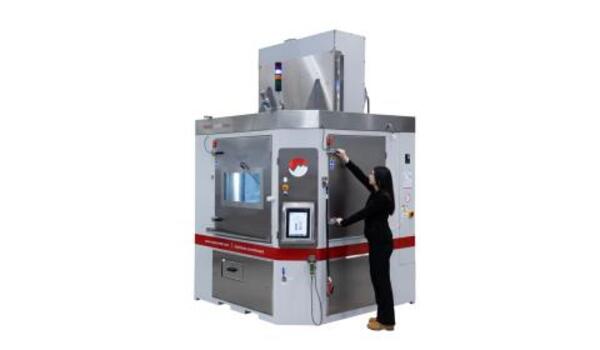
Introduction to Cantilever Racking
In the world of warehouse storage, one solution stands out for its versatility and strength: cantilever racking. This system is designed to store long, bulky, or awkwardly shaped items such as timber, steel pipes, metal sheets, or furniture. Unlike traditional pallet racking, cantilever racking is open and unobstructed, making loading and unloading quicker and safer. For businesses that handle irregularly shaped stock, this storage system can significantly improve operational efficiency.
How Cantilever Racking Works
Cantilever racking consists of a series of vertical columns with horizontal arms protruding from them. These arms act as the shelves on which products rest. The absence of vertical supports on the front side of the racking allows for uninterrupted storage along the full length of the arm. This design gives forklifts easy access from the front, making it ideal for quick handling of lengthy items that don’t fit neatly into a pallet or box.
Benefits of Cantilever Racking
One of the biggest advantages of cantilever racking is its flexibility. It can be configured as single-sided (against a wall) or double-sided (accessible from both sides), allowing businesses to maximise floor space. The arms are often adjustable, enabling storage of varying sizes of …




